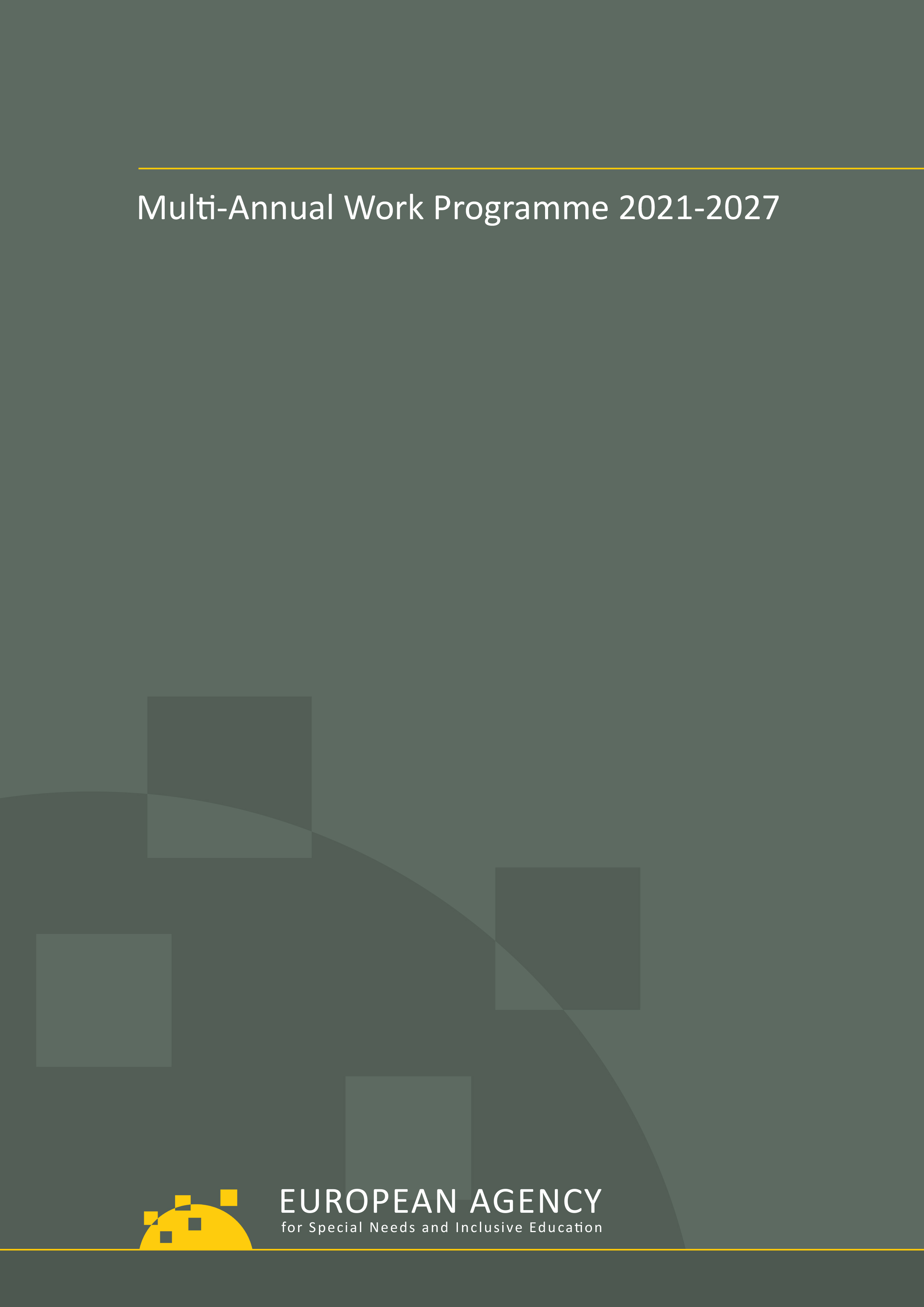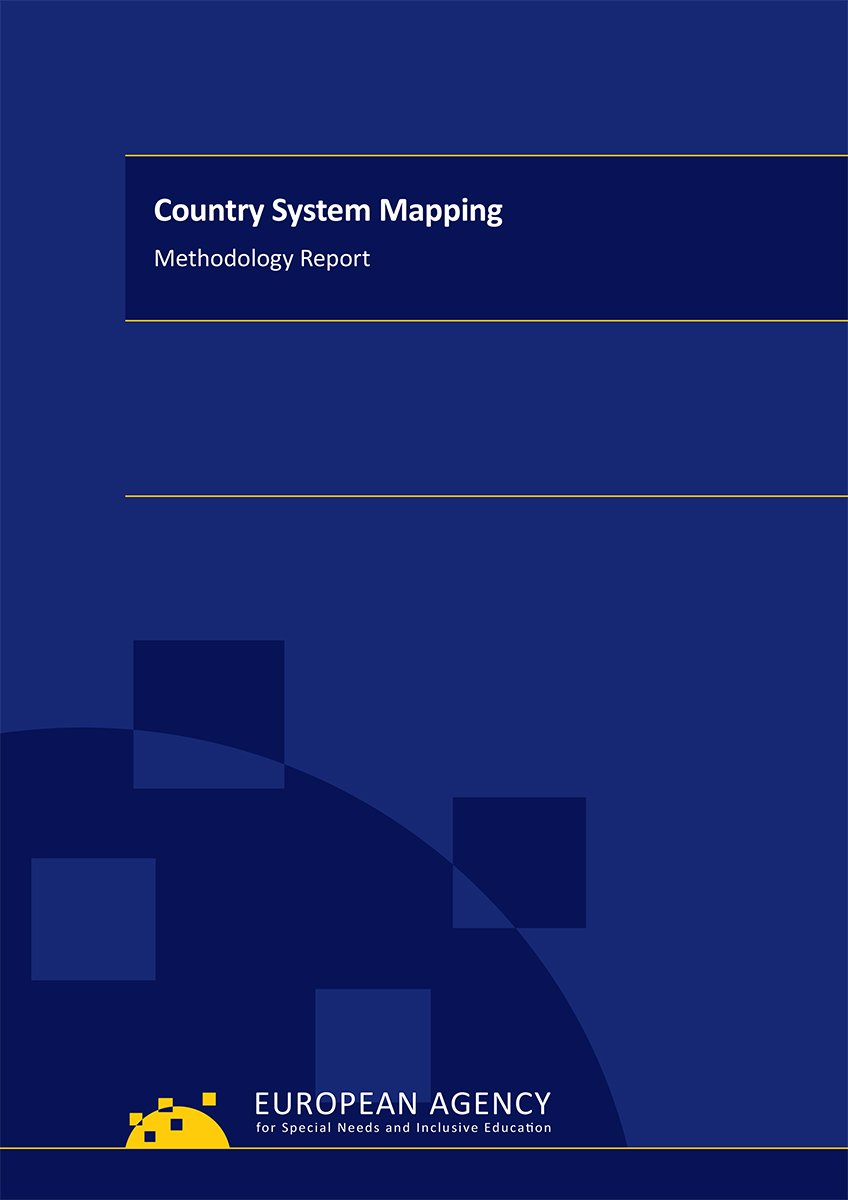Activity framework
In a departure from the Agency’s previous thematic activities, Country System Mapping (CSM) considers the whole education system. It examines how certain structures, mechanisms and processes may impact on the implementation of inclusive education policy in practice. The information collected in the CSM activity aims to provide evidence of and reflection on where countries currently are in their inclusive thinking, policy and provision for all learners, but in particular for those learners vulnerable to exclusion from inclusive education.
Participants and target group
All Agency member countries were invited to be involved in this activity. The Agency supported and co-ordinated with country teams, which could include the Representative Board Member, National Co-ordinator and a nominated country representative. Countries also had the option of involving a wider team from their local professional network to support them in this information gathering exercise. The members of the country team differed across individual countries.
Aims
The CSM activity identifies, maps and analyses the key features that impact the effective implementation of inclusive education policy in Agency member countries’ education systems. The country teams identified system-wide information on these key features in relation to monitoring and evaluation, cross-sector working and quality assurance.
The CSM analysis highlights parameters, or comparative factors, that indicate which country systems are structured and/or working in different – or similar – ways. The essential focus was upon facts about the system as described in country reports, i.e. the evidence for certain system elements – or parameters – being present or not within the country information.
The Agency is using the information from the CSM work in the remainder of the Multi-Annual Work Programme (MAWP) 2021–2027. From 2024, it will organise thematic country cluster activities (TCCA) which are closely aligned to individual country approaches to key issues for inclusive education, as well as system structures and processes countries have in common.
The agreed TCCA content areas are aligned with the priority issues that Agency member countries identified. The priority issues are the cornerstones of the MAWP 2021–2027. They are:
- Monitoring/evaluation of policy implementation for inclusive education
- Developing strategies to support collaborative, cross-sector working across all levels and sectors
- Developing multi-level/multi-stakeholder quality assurance and accountability frameworks for inclusive education.
Activities and outputs
The activity resulted in the following outputs:
- individual CSM Country Reports, which systematically map information on the countries’ education systems (available based on the permissions given by individual countries);
- a Methodology Report outlining the CSM process.

